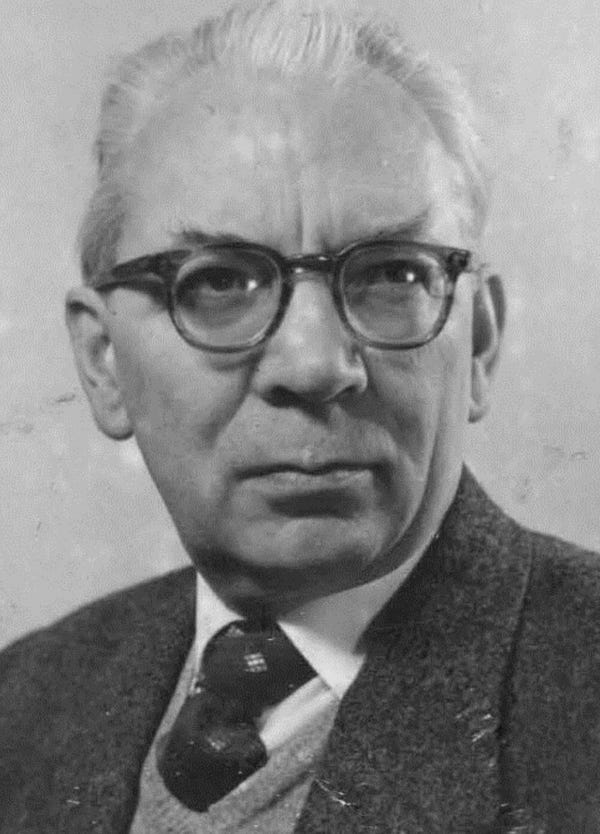A thread by investigative journalist Johnny Vedmore

Welcome to a Swabian Thread:
For those who wish to begin understanding the real life & rise to power of Klaus Schwab, it is best to start at the beginning.
Schwab Family Values takes you forward from the 1870s & through Schwabs formative years.


Klaus Schwab’s father was a man named Eugen Schwab. He worked for a ‘Model Nazi Company’ called Escher Wyss and managed the companies Ravensberg factory.
Schwab’s Nazi factory made large turbines for the secret Nazi heavy water-based atomic bomb project.




In the early 1960s, Eugen Schwab would tell his son Klaus that to really succeed he’d have to study at Harvard, amongst the people who were focused on the Cold War threat of thermonuclear war & deterrence.
Klaus would leave for Harvard in 1965.


Klaus wouldn’t take a specific course at Harvard, instead he was invited to be a participant in Henry A Kissinger’s “International Seminar” which had been set up by CFR grandee William Yandell Elliott & received $146.00 in funding from the CIA.
thecrimson.com/article/1967/4…


Schwab was soon noticed & recruited by Kissinger, who would introduce Schwab to two other very powerful US political advisors who’d help Schwab create the World Economic Forum.
The first of these men was a CFR member named John Kenneth Galbraith.




Galbraith was professor to JFK, had married a lady who’d lived with Hitlers girlfriend, & went to Germany in 1938 to study land policies under Hitler.
As WWII ended, Galbraith would be sent back to Germany to interrogate Albert Speer, one of the highest ranking Nazi officials.


Later, Galbraith served under Kennedy, even drafting the Johnson 1st speech after JFKs assassination.
By the late 60s, Galbraith had joined forces with Kissinger. Galbraith would travel to Europe to help Schwab recruit for the 1st Davos.
He was the WEF’s 1st key note speaker.


The 2nd man who Kissinger introduced to Schwab was Herman Kahn, often described as the real Dr Strangelove.
Herman Kahn’s Hudson Institute had been working on thermonuclear disaster planning and mapping out the potential political repercussions from using nuclear deterrence.


In 1961, Herman Kahn would produce his seminal work, ‘On Thermonuclear War’ which would, a few years later, be parodied in Stanley Kubrick’s Dr Strangelove.
By 1966, Kahn was working for the state department and predicting the future of technology.







